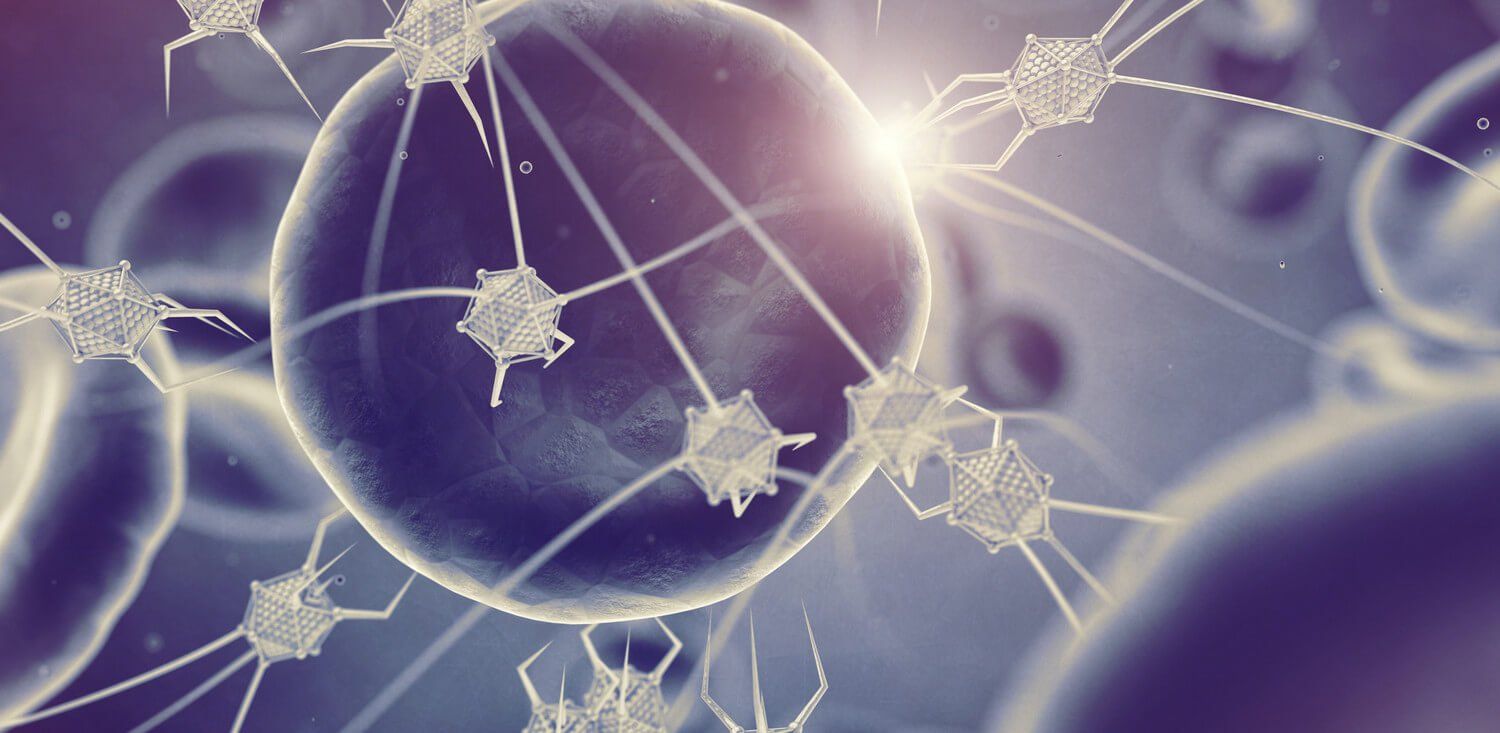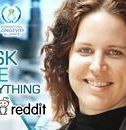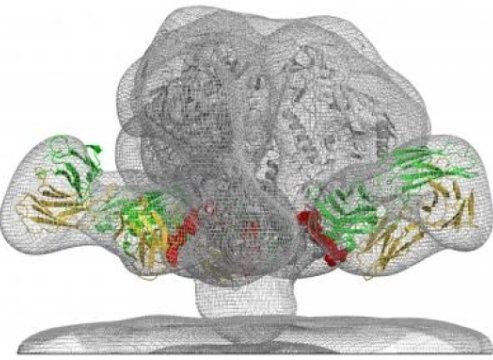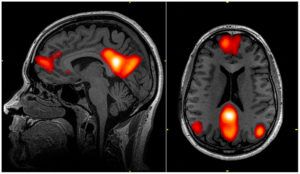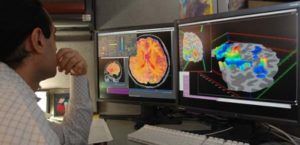EPA’s new rules on Carbon Nano Tubes.
On May 16, 2016, the U.S. Environmental Protection Agency (EPA) promulgated, through a direct final rule, significant new use rules (SNUR) for 55 chemical substances that were the subject of premanufacture notices (PMN), including functionalized carbon nanotubes (CNT) (generic). EPA states that it determined that any use of the functionalized CNTs without the use of impervious gloves, where there is potential for dermal exposure; manufacturing the PMN substance for use other than as a thin film for electronic device applications; manufacturing, processing, or using the PMN substance in a form other than a liquid; use of the PMN substance involving an application method that generates a mist, vapor, or aerosol except in a closed system; or any release of the PMN substance into surface waters or disposal other than by landfill or incineration may cause serious health effects or significant adverse environmental effects. EPA states that the following tests would help characterize the health and environmental effects of the PMN substance: “a fish early-life stage toxicity test (OPPTS Test Guideline 850.1400); a daphnid chronic toxicity test (OPPTS Test Guideline 850.1300); an algal toxicity test (OCSPP Test Guideline 850.4500); a 90-day inhalation toxicity test (OPPTS 870.3465) with additional testing parameters beyond those noted at CFR 870.3465, for using the 90-day subchronic protocol for nanomaterial assessment; a two-year inhalation bioassay (OPPTS Test Guideline 870.4200); and a surface charge by electrophoresis (for example, using ASTM E2865-12 or NCL Method PCC-2 — Measuring the Zeta Potential of Nanoparticles).” The SNUR requires persons who intend to manufacture, import, or process any of the 55 chemical substances for an activity that is designated as a significant new use by the direct final rule to notify EPA at least 90 days before commencing that activity. The direct final rule will be effective July 15, 2016. If EPA receives written adverse or critical comments, or notice of intent to submit adverse or critical comments, on one or more of the SNURs before June 15, 2016, EPA will withdraw the relevant sections of the direct final rule before its effective date.
©2016 Bergeson & Campbell, P.C.




